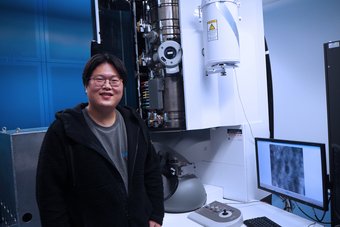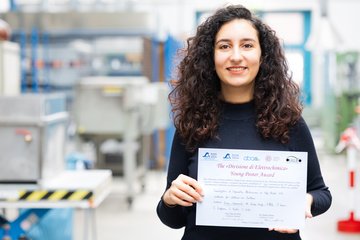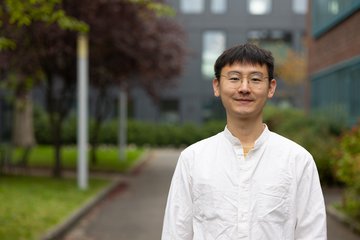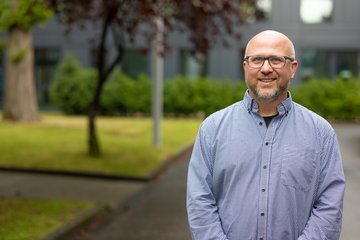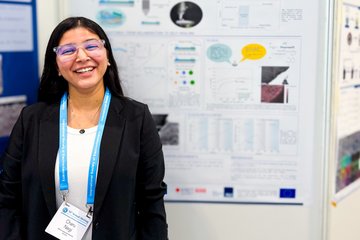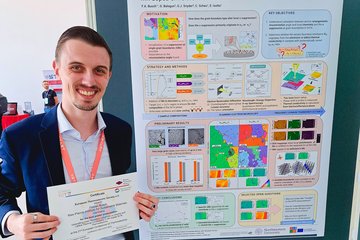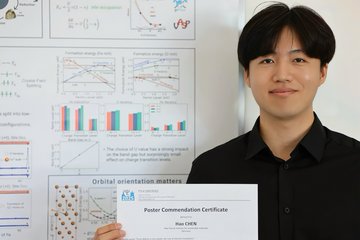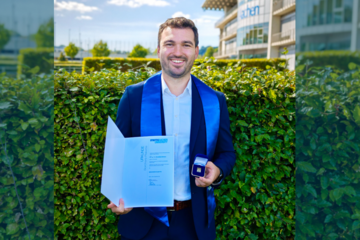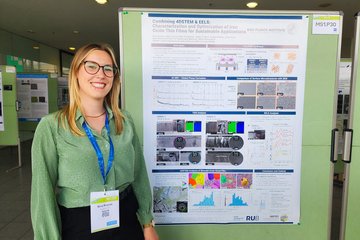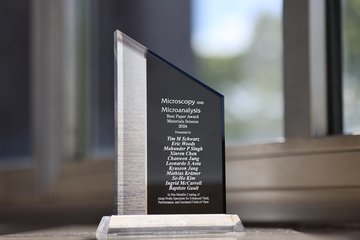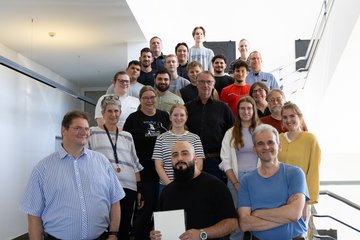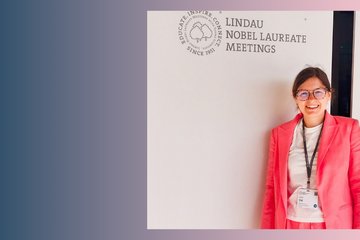Chanwon Jung wins Humboldt scholarship
Materials scientist joined the MPIE to continue his research on thermoelectric materials for sustainable electricity
The Alexander von Humboldt Foundation awards Dr. Chanwon Jung with a two-years scholarship to continue his research about thermoelectric materials used to convert waste heat into electricity. Jung is a postdoctoral researcher in the group “Nanoanalytics and Interfaces“ (group leader: Prof. Christina Scheu) at the Max-Planck-Institut für Eisenforschung (MPIE) since August 2021. He was initially funded through a scholarship by the MPIE but was awarded with a scholarship of the Korean government just one month later.
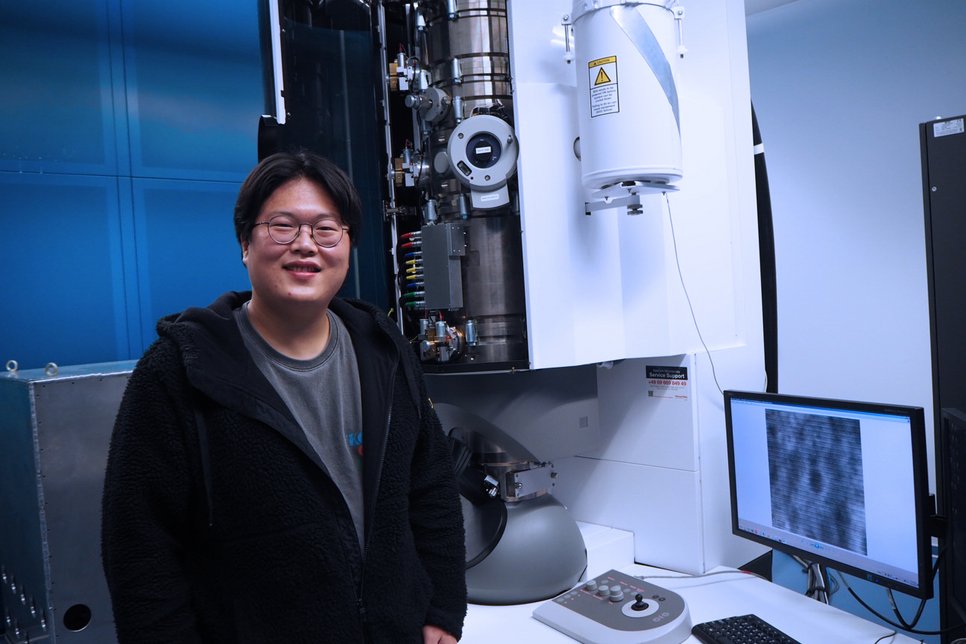
“I am really happy and appreciate that my research and career path are recognized by different research institutions worldwide. The Humboldt scholarship enables me to further focus on my research at the MPIE and hopefully contribute to the development of more efficient thermoelectric materials”, says Chanwon Jung. Thermoelectric materials can convert waste heat into electricity without any pollution. However, the conversion process is not yet efficient enough to compete with other techniques such as fuel- or solar cells. During his stay, Jung will investigate the property-structure relationships of tin selenide (SnSe), which is one of the most promising thermoelectrical materials due to its ultralow thermal conductivity. Further knowledge, especially about various defects in the material are key to design more efficient thermoelectrical energy conversion materials.
Before joining the MPIE, Jung was a postdoctoral researcher and also obtained his PhD from the Korea Advanced Institute of Science and Technology. He was working in the atom probe tomography group and already focusing on thermoelectric and soft-magnetic materials.
The Humboldt Foundation grants research scholarships for scientists from abroad, enabling them to continue their research at a German host institution of their choice. The goal is to foster scientific exchange and support young excellent scientists with an own research profile. The awardee is free to choose a host institution in Germany. That is why the award is seen as a great honor for both the scientist and the chosen host institution.
